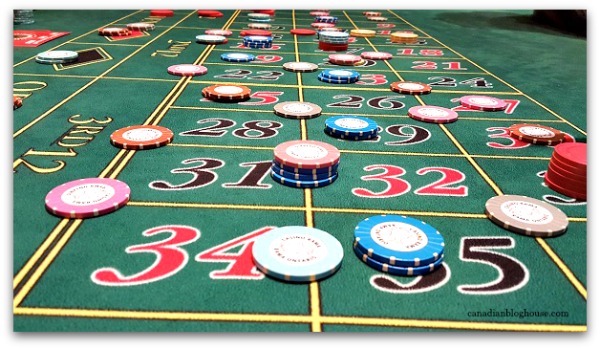From the first gambling experiments more than 5,000 years ago to today’s online casinos, this one-of-a-kind universe contains a millennia-long tradition made up of codes, symbols and numbers.
Right now, if you want to access a virtual casino, you can easily click the next site in line and register to different platforms. If virtual casino platforms are currently gaining more and more success, as can be seen from the statistics and data provided by industry experts, in the past the history of casinos has characterized the cultural tradition and the evolution of human beings, affecting different areas and people
From the Egyptians to the Romans
It all started in 3000 B.C. in Egypt; in fact, the first-ever archaeological discoveries regarding betting and gambling date back to this period. What has been found is nothing more than simply playing dice: on these few combinations of numbers, an entire universe of the game would later be founded, with all its galaxies representing the individual disciplines.
Anyway, the whole playing cards habit dates back to 4000 B.C. The ingenious creators were the Chinese; in fact, tiles have been found that represent mythological figures of Chinese tradition, as also other tiles that were used as chips for betting.
Ancient Greece pushes gambling to the limits of the knowable, making the Gods protagonists of many events related to bets and starting to predict the sporting events that took place during the Olympics.
In Rome, between the 1st century B.C. and the 1st century A.D., it was customary to bet on gladiatorial battles and chariot races. After this period the bets begin to thin out in different competitions, disciplines and games.
The “ancestors” of roulette in the Greek-Roman age
In the long history of gambling, wheel games certainly play a very important part. A game based on a wheel similar to roulette, the “rotae fortunae” (wheel of fortune), already existed in ancient Rome. This game is considered to be one of the earliest ancestors of roulette, as well as today’s wheel of fortune. In Rome, a cartwheel was used, supported horizontally by a pin, on which an arrow was fixed. Spokes, therefore, divided the wheel into different sectors on which the legionaries could bet: the sector on which the arrow stopped was the winning one.
A game similar to rotae fortunae was also famous among Greek warriors: it featured a battle shield instead of a wheel, which was spun with a spearhead.
The first casino in the world and the origin of the word “casino”
The first casino in the world was opened in Venice in 1638, but only in 1744 the term “casino”, which means “small house”, started to spread throughout the world. To access a casino it has always been necessary to wear a certain outfit and dress code, as indicated by the specific gaming room.
Viva Las Vegas
In the beginning, at least until the early 1900s, Las Vegas was just a transit point for those heading to Mexico or California. The legalization of gambling took place in 1931 and in 1946, Bugsy Siegel opened the first Casino-Hotel, the Flamingo Hotel, which is still a destination for gambling enthusiasts and curious. In the 60s and 70s more and more casinos began to be built in the desert city; between the end of the 1900s and the beginning of the third millennium, Las Vegas became the place to be, becoming even more iconic thanks to movies and tv series.
From physical casinos to online casinos
Digitalization and technological evolution has given life to numerous interactive platforms where it is possible to play poker, roulette, slot machines, blackjack and any kind of casino game. Currently, many online casino websites are inspired by the most famous gambling halls in the world or by historical ones.


















